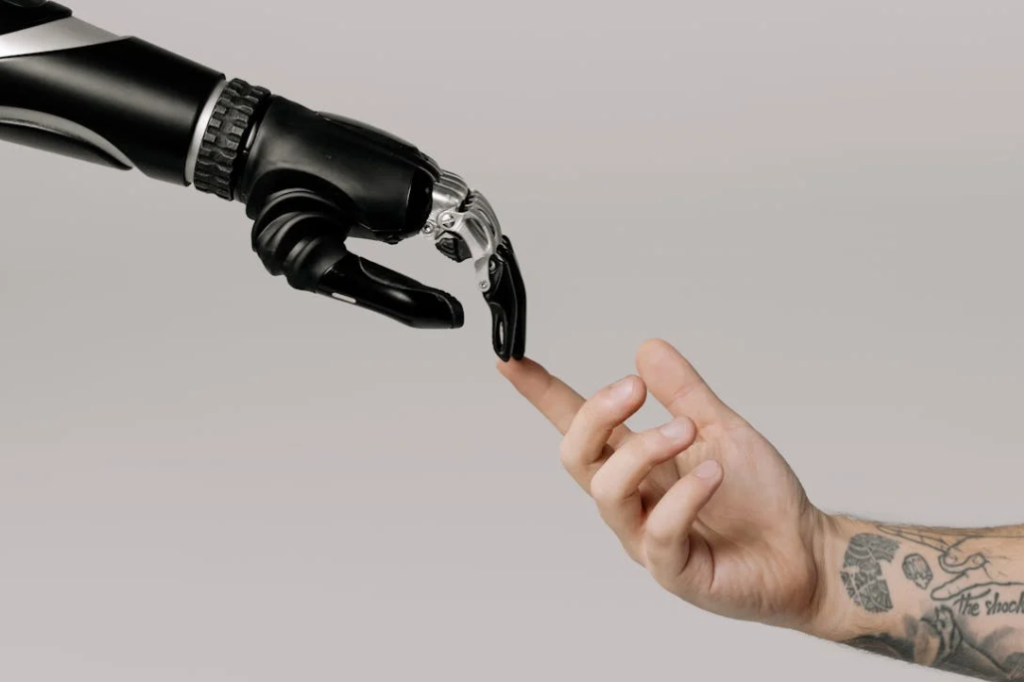The discussion about the potential dangers of artificial intelligence (AI) in the future is a complex and multifaceted issue that spans several domains, including technology, ethics, and social sciences. Concerns about AI range from specific risks associated with the deployment of current technologies to more speculative risks associated with future developments, particularly the possibility of creating super-intelligent AI systems that could operate beyond human control. Here are some of the main points of concern:

- Autonomy and Control: As AI systems become more autonomous, there’s a growing concern about the ability of humans to control these systems. Advanced AI could make decisions in complex environments that are not fully predictable or understandable to humans.
- Job Displacement: AI and automation are already transforming the labor market, leading to job displacement and the need for workers to adapt to new roles. While this transition could lead to economic growth and the creation of new jobs, it also raises concerns about economic inequality and the societal impact of widespread unemployment in certain sectors.
- Privacy: AI technologies, especially those involving surveillance and data analysis, raise significant privacy concerns. The ability of AI systems to process and analyze large amounts of personal data can lead to intrusive surveillance, potentially violating individual rights and freedoms.
- Bias and Fairness: AI systems can perpetuate or even exacerbate biases present in the data they are trained on. This can lead to unfair outcomes in areas such as hiring, law enforcement, and loan approvals, affecting minority groups disproportionately.
- Security Risks: AI systems can be vulnerable to hacking and other malicious uses. For instance, autonomous drones or vehicles could be hijacked, or AI systems could be manipulated to produce false outputs.
- Existential Risks: Some theorists and technologists speculate about the long-term existential risks posed by super-intelligent AI. They argue that if AI systems were to surpass human intelligence significantly, they could become uncontrollable and potentially harmful to humanity, especially if their goals diverge from human values and interests.
- Ethical and Societal Impact: The development and deployment of AI raise numerous ethical questions regarding responsibility, consent, and the moral status of AI entities themselves. Moreover, the societal impact of AI, including its effect on democracy, human interaction, and our understanding of human intelligence, is a subject of ongoing debate.
While these concerns are significant, many researchers, policymakers, and technologists are working on strategies to mitigate these risks, such as developing AI ethics guidelines, promoting transparent and responsible AI research and development, and engaging in public discourse about the future of AI. The goal is to ensure that AI technologies are developed and deployed in a way that maximizes their benefits while minimizing their risks.

Leave a Reply